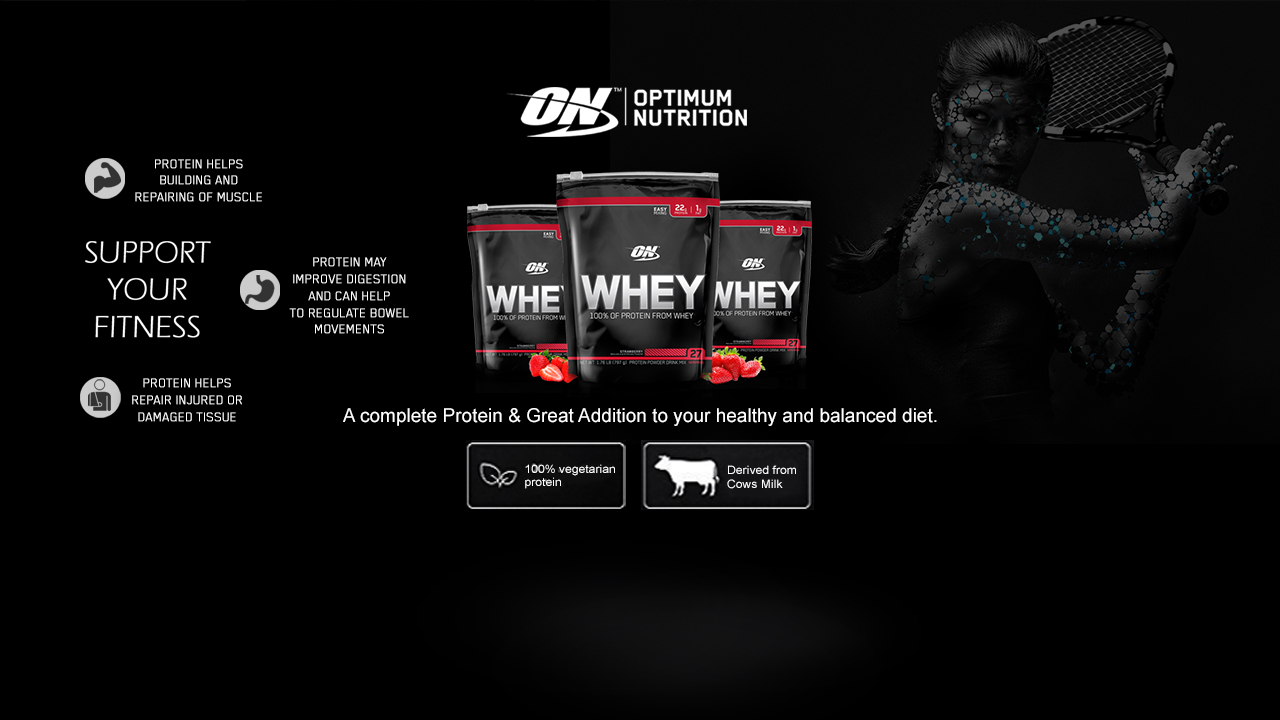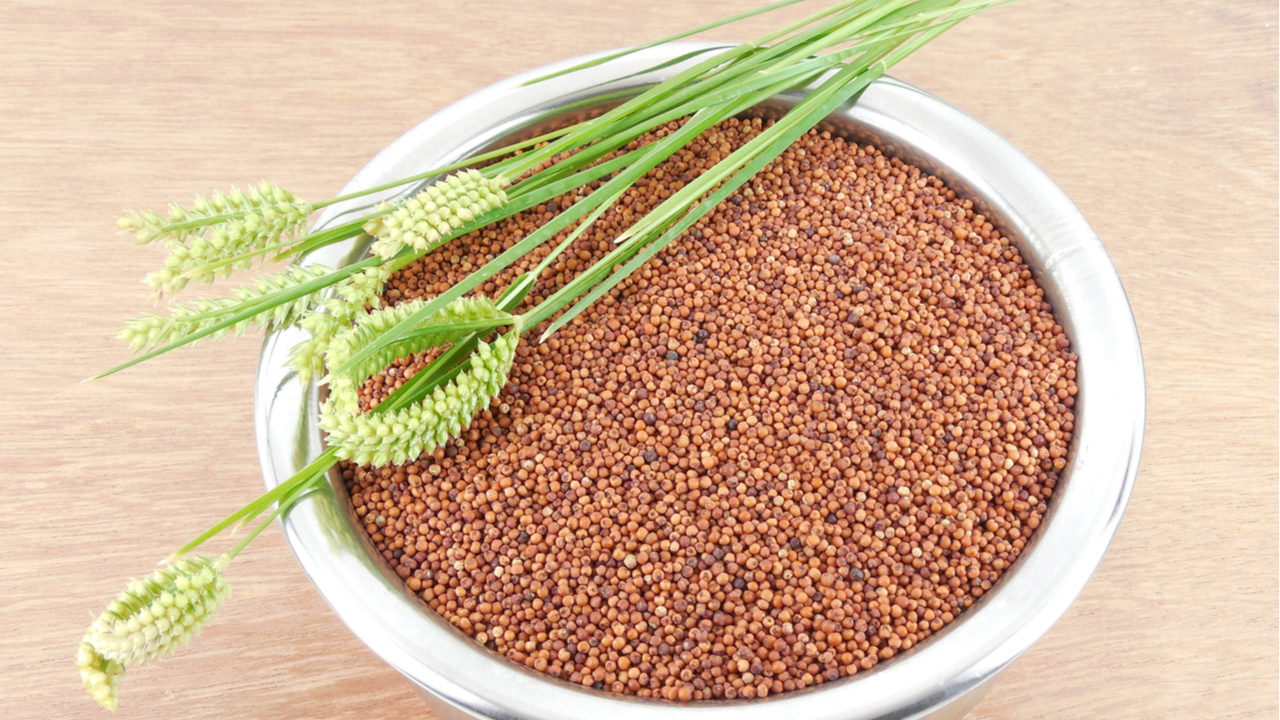Whether you are a fitness buff or an athlete, you might have come across a truckload of misconceptions, myths, and clean liecomps that surround whey protein supplements. The confusing jargons, unpronounceable ingredients and jazzy marketing tactics overshadow the truth and promote the unforgiven myths that are far away from reality; since, much of what you have heard about whey protein supplements is wrong and to put your assumptions to rest, we bring you 5 common myths and facts related to whey protein supplements.
Myth #1: Whey Protein Supplements lead to weight gain
The ingredients of whey protein include multivitamins, PDCAAs (Protein Digestibility Corrected Amino Acid), BCAAs (Branched Chain Amino Acids) that ensure the gym goers (who want to build lean mass) and athletes gain benefits like muscle recovery post an intense workout session. Moreover, whey protein supplement is a superior source of protein and theres no direct connection of weight gain as the calorie requirement of the body depends mostly on the lifestyle and activity level. Therefore, consuming more calories than what the body needs makes it store the excess calories in the form of fat, hence the weight gain.
You may also like: 5 Beverages That You Ought To Have Before Going To Bed!
Myth #2: Whey Protein Supplements Should only be taken Post-Workout
The highest bioavailability of all the protein analogues present in Whey protein makes it most powerful agent post-workout as during intense workout, the muscle tissues go through high level of tension and stress. Whey protein, when consumed post workout, functions as a stimulator that accelerates muscle recovery and growth. Having said that, whey protein can also be taken before workout as the BCAAs present in whey protein helps fuel the muscles by oxidizing the amino acids during workout. Moreover, there also exists a carryover effect of pre-workout food nutrients due to which protein synthesis in the muscles can stay elevated even the workout is over.

Myth #3: Whey Protein Supplements Loses Goodness If Cooked
Cooking whey protein is absolutely fine though it might slightly denature the protein and the structure of amino acids, but the overall goodness or functionality of the content remains intact. The only denaturing takes place when whey protein is cooked is that the amino acids in protein change their structures, but that doesnt affect the nutritional value. Our body absorbs the same quality of amino acids even if its cooked. As a matter of fact, the body makes use the individual amino acids and in this process, breaks the protein chain to absorb the nutrition. Hence, it doesnt really make a difference whether whey protein is cooked or not as it is applicable to any other source of protein like eggs or meat.

Myth #4: Whey Protein Supplements Contains Steroids
Its time we banish assumptions of whey protein containing steroids since they help in bulking up, as the fact is far from the reality. A normal person who follows a moderate or intense activity level can consume whey protein to meet the daily requirement of protein macros. Whey protein contains essential amino acids, glutamine, glutamic acids, and Alpha-lactalbumin that fuel muscles, boost immunity, help in faster recovery and build muscle mass. Derived from milk, whey protein is one of the superior sources of protein that gets absorbed in body faster and rebuild strength and mass.

Myth #5: Whey Protein Supplements is Only for Bodybuilders
Whey protein is often associated with bodybuilding and mass gaining but again, there is a good deal of misconceptions surrounding the essential benefits of whey protein, which in turn, restrict people from considering whey protein safe. The fact is, any form of activity or training per se, requires supplementation to regain muscle mass, endurance, stamina and recovery since any kind of moderate or intense activity work on muscle fibres. The ingredients in whey protein help repair the muscle fibres and enhance the performance level not only of the weight lifters but also those who are into endurance sports.
You may also like: Everything You Need To Know About Indian Keto Diet

Myth #6: Whey Protein Supplements harm Kidneys
According to studies, whey protein supplements do not cause any harm in kidneys to healthy individuals. But people who are already suffering from renal issues should monitor their protein intake as excessive protein consumption above the recommended daily allowance may lead to increased glomerular pressure and filtration rate of blood in the kidneys that can result in renal failure in some cases. Furthermore, there is no epidemiological research evidence that establishes the fact that whey protein supplements consumption can lead to disturbed kidney functions. The general suggestions that come as a prescription to good health is maintaining a combination of balanced nutrition with enough water intake which helps in flushing out the protein byproducts that may induce formation of kidney stones. It is advisable to choose high quality whey protein supplements and stick to the recommended dosage while following a healthy diet plan and regular workout regime to get the best results.

As a matter of fact, its time we abandon myths and stay true to the facts about whey protein that plays a pivotal role in supplementing the right way irrespective of the kind of activity one is into. Whey proteins brands like Optimum Nutrition are the purest form of high quality whey proteins derived from cows milk and also contain 100% vegetarian protein that are considered as complete muscle nourishment formula due to its ultra-filtering processing that removes carbs, facts and other undesirable components to ensure the consumers get the right nutrition to boost immunity, maximize muscle growth and recovery.
Buy Optimum Nutrition Whey Protein Supplement at an irresistible price on Amazon















Leave a Reply